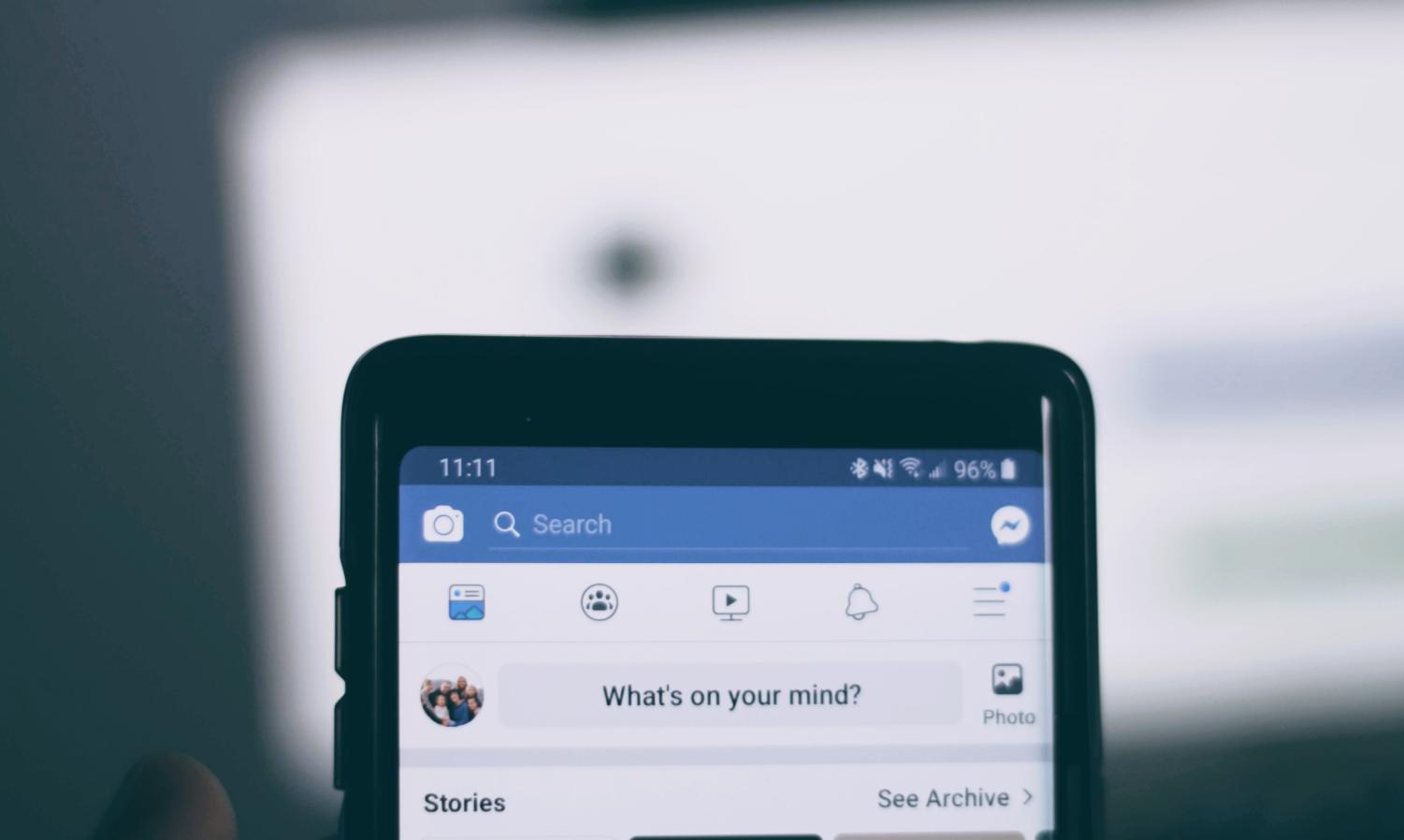When I turned 13, I wanted a Facebook account because I wanted to play Farmville. I was not interested in posting selfies, updating my status or making virtual friends—I just wanted to produce my own virtual crop and animals. My mom made me complete summer school for the privilege of my first social media account.
At first, the privilege was exciting, but the glory wore off quickly as the pressures of social media arose.
Over the past few weeks, Facebook has been forced to face its ghosts. Whistleblower Sophie Zhang explained that dictatorial governments, like Azerbaijan, use Facebook for propaganda and control while the media giant does nothing to stop them, according to CNN. Facebook pushed back, sharing that they poured billions of dollars into safety and security. However, former employees tackled the company head on, ready to take them to court. The action of the whistleblowers is admirable and big tech must be held accountable for their actions.
BIG TECH, BIG RESPONSIBILITY
Part of growing up means you have more independence, but with that comes responsibility. When I got my first car, I had to be a responsible driver as well as care for the needs of my vehicle.
About 90% of Facebook users are outside of the U.S. and Canada, according to a recent finding. In many underdeveloped countries, users trust Facebook to be a safe and fun social media site. While it can be, those with ill-intent can easily take advantage of the company, using it for selfish gain. Facebook and other powerful companies must be held responsible for how their platform is being used. If they cannot adhere to an ethical code, they should rethink their priorities.
RULES FOR THEE NOT FOR ME
The Guardian reported that Facebook knew of countless fake accounts in India that were meant to influence a government election for prime minister. When they realized who the fake accounts were supporting, they let the accounts stay online, regardless of the political and social impact this would cause. Similarly, in the U.S., former President Donald Trump’s Facebook and Twitter accounts were silenced, while the sites allowed terrorist organizations like the Taliban to use their platforms, BBC reported.
Big Tech companies like Amazon, Google, Apple, Facebook and Microsoft were meant to provide a platform for creatives to launch their brand. However, they have begun to fall away from their initial goals. Rather, YouTube began to restrict their creators when they spoke freely, according to PragerU. They censored and demonized accounts that challenged political correctness or their company agenda.
THE FREEDOM TO CONTROL
The five Big Tech companies share over $500 billion in wealth, according to SOMO. The massive amount of money generated by these businesses should be alarming. There is little awareness of how they obtain funds and who they support.
Consumers must be faithful watchdogs and understand what agendas big tech companies like Facebook are pushing. As more and more whistleblowers come forth, it seems that these companies are no longer simple platforms for creatives.












